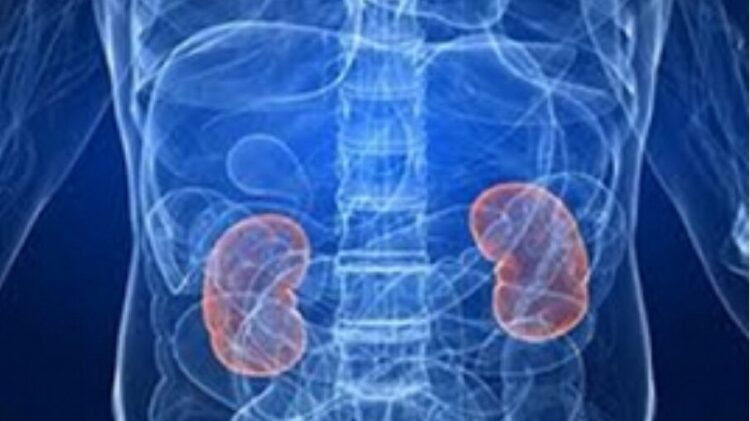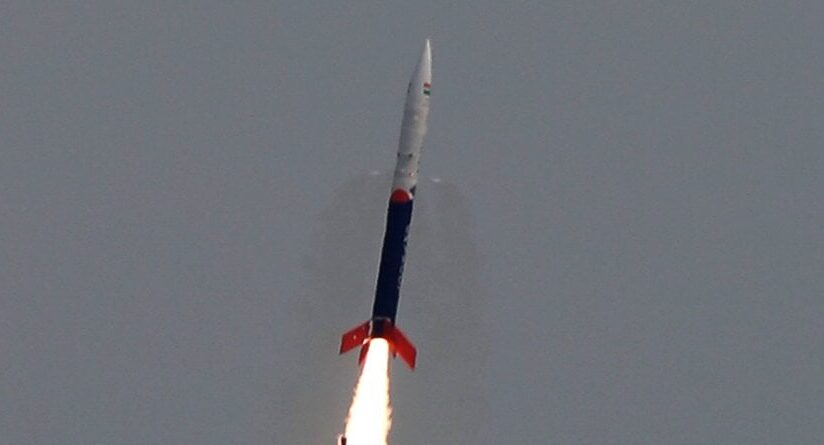New Delhi: As air pollution worsens in Delhi-NCR, a new study has warned that long-term exposure to air pollution may increase kidney disease risk.
Among adults with normal kidney function, exposure to higher concentrations of components of air pollution was linked with higher risks of later developing chronic kidney disease.
Compared with individuals with high genetic risk of developing kidney disease, those with high air pollution exposure and low genetic risk faced a higher risk of developing chronic kidney disease, according to new research being presented at the ‘ASN Kidney Week 2022’ in Florida.
“Long-term exposure to air pollution may increase the risk of CKD, especially in those with low genetic risk,” the authors wrote in the study, titled “Air pollution, genetic factors, and the risk of incident chronic kidney disease”.
To reach this conclusion, the investigators analysed data from 350,994 participants without CKD at baseline in the UK Biobank.
Exposure to higher concentrations of components of air pollution was linked with higher risks of developing CKD, they found.
Earlier this year, researchers from King’s College London found that ambient fine particulate matter (PM2.5) concentration reduction led to significant improvement in laboratory test results used to assess a patient’s kidney function.
“Long-term exposure to PM2.5 has been associated with declined kidney function. However, whether the association is causal remains unknown,” said Co-author Yiqun Han, Research Associate in School of Public Health, Imperial College London.
In the study, published in the journal Health Data Science, the team identified a strong linkage between the reduced PM2.5 with improved kidney function.
Air pollution is known to affect kidney function. Several studies have shown that exposure to bad air is associated with an increased chronic kidney disease-related morbidity and mortality.
Exposure to PM2.5, even at relatively low concentrations, is a risk factor for a lower kidney function and a faster decline in kidney function.
(IANS)
















